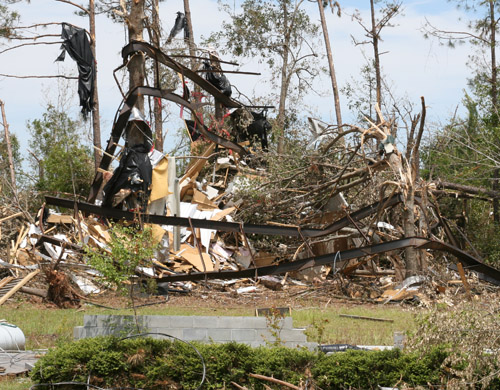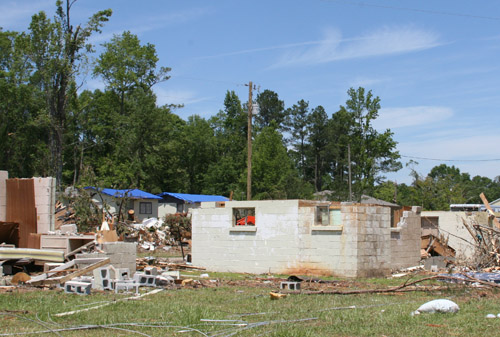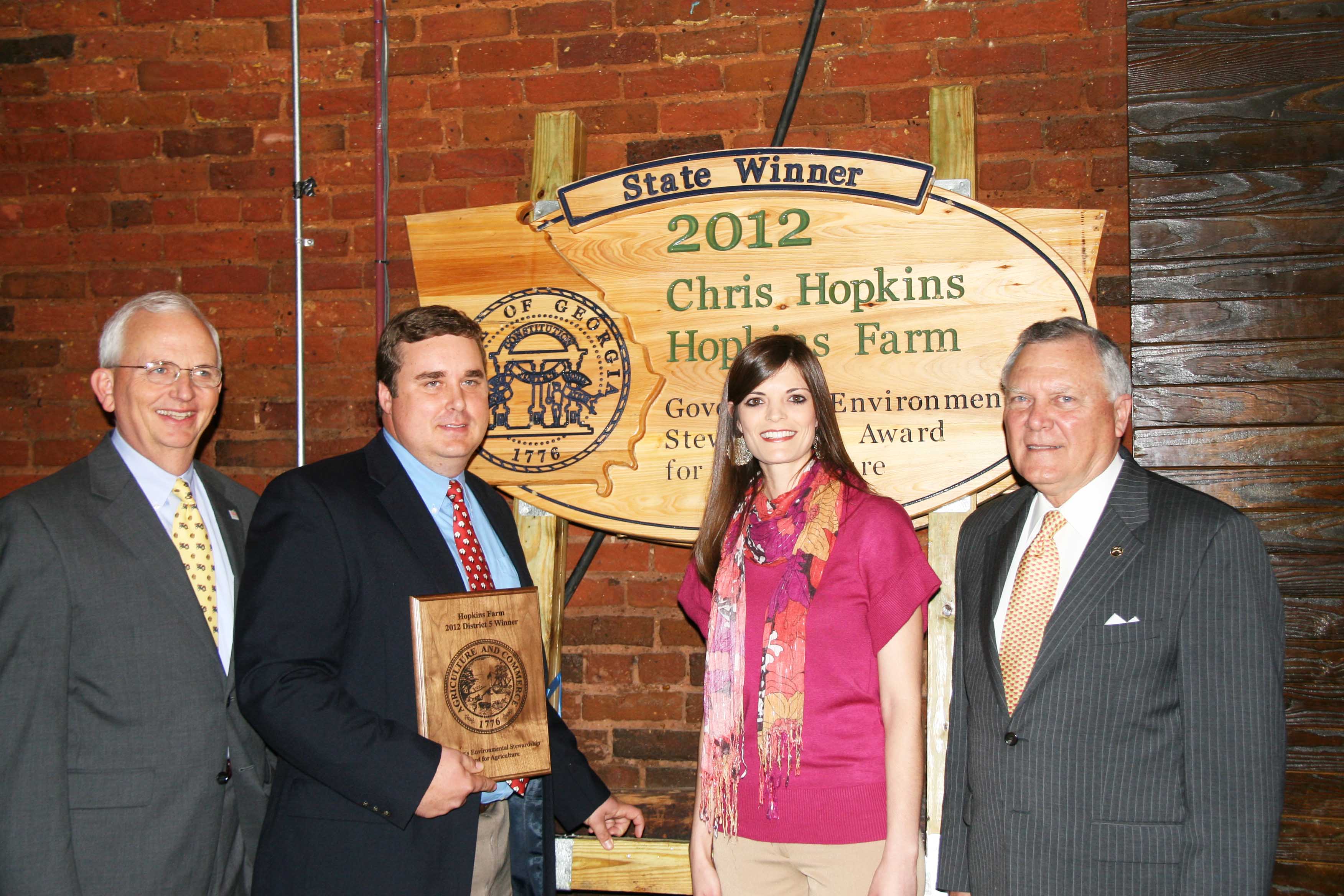 CAES News
CAES News
Hopkins honored at Ag Day
Seven years ago Chris Hopkins and his wife Marilynn started their row crop operation on 50 acres of rented land in Toombs County. Since that time, the Hopkins’ farm has grown to encompass 600 acres of cotton, peanuts, corn timber, watermelons and pecans.

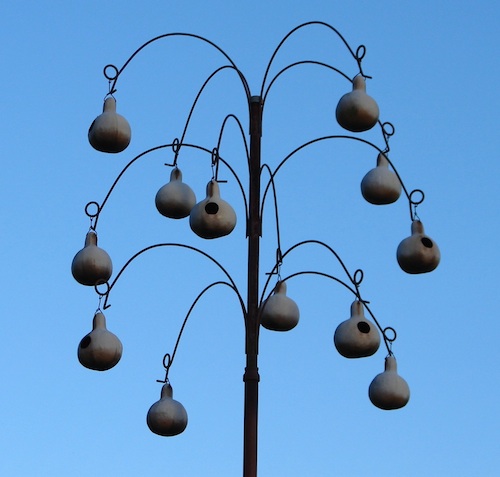
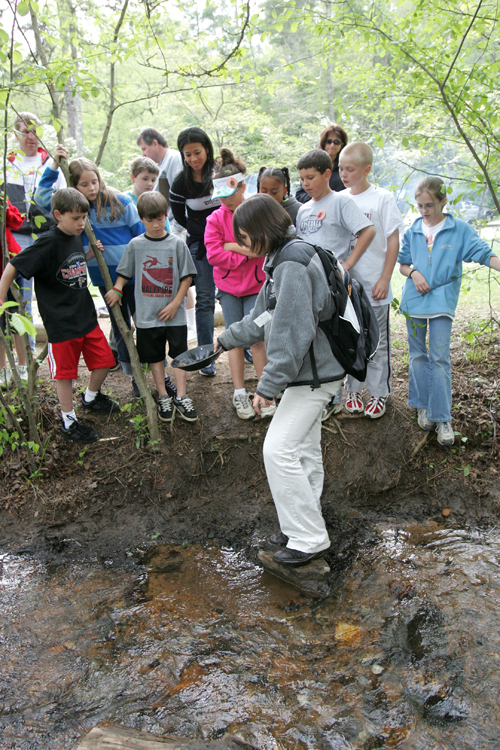
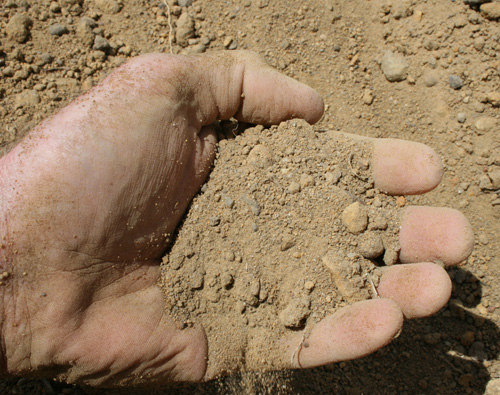
.jpg)
